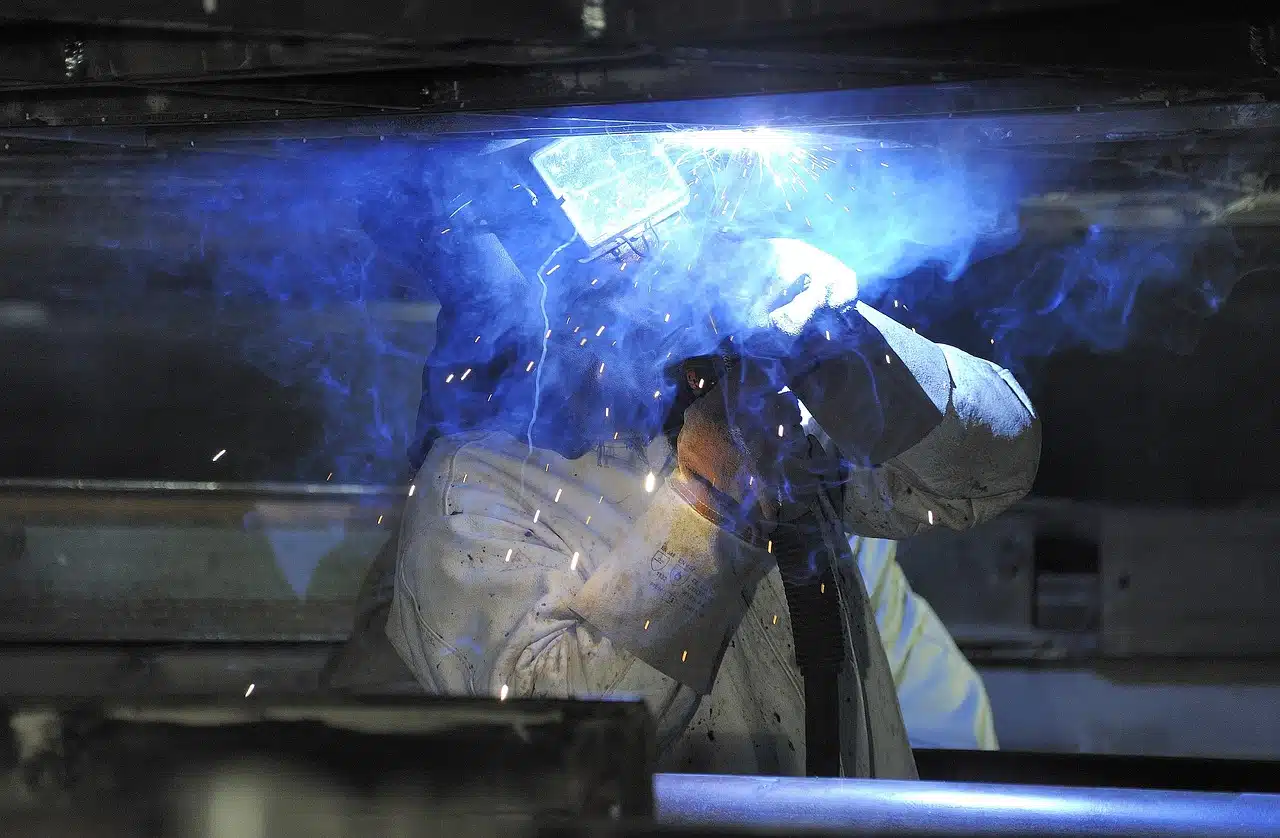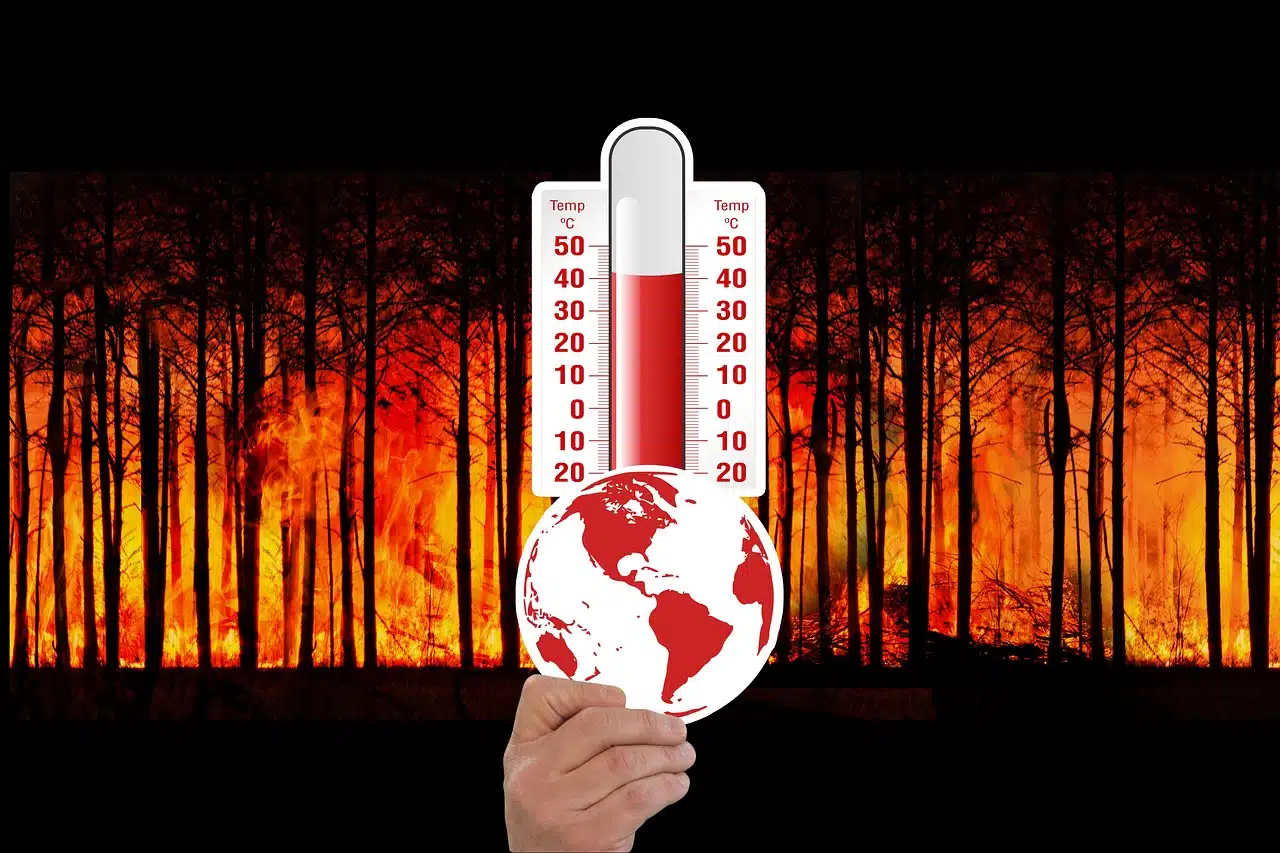
At an industrial level, the design, execution, control and evaluation of certain processes requires the intervention of experts.
Process is a concept that can refer to the action of advancing or going forward , to the passage of time and to the set of successive stages observed in a natural phenomenon or necessary to carry out an artificial operation. The notion of process finds its root in the term of Latin origin processus , according to the dictionary of the Royal Spanish Academy (RAE) .
From the perspective of law , a process is the addition and assessment of written documentation in any civil or criminal case that serves to understand and clarify the facts.
Process in biology and computer science
In the field of biology , an evolutionary process is understood as the continuous transformations of species as a result of modifications developed in successive generations. In this context, evolution is a biological process that can be seen in the alteration of allele frequencies in a certain population .
The cell division process , the digestion process , the excretion process , the photosynthesis process , the cellular respiration process and the protein synthesis process are other processes that occur in the field of biology.
On the other hand, it must be said that in computing , a process is a set of procedures or functions that have one or more objectives. Software (programs) and computer systems can run more than one process simultaneously, whether or not aided by a processor with multiple cores . This way of working is known as multi-threading , which comes from English and could be translated as multiple threads . An example of this may be in a game that has one process for background music, another for drawing its characters and settings, and a third for artificial intelligence.

For many analysts, the global warming process is a problem that requires urgent strategies for its mitigation.
The concept in the area of psychology
In the field of psychology, we talk about cognitive processes to refer to the psychological mechanisms that are linked to perception , memorization and the abilities to attend, remember and think, which are considered fundamental in the functioning of the psyche of every human being.
In order for them to develop, the correct functioning of various areas of the brain is essential; If any of these processes cannot develop within the parameters of normality , an injury or some type of disorder is evident in one of these brain regions.
The study of cognitive processes is something implemented by modern psychology but which has allowed us to reach highly significant conclusions regarding the understanding of the brain.

Boiling is a physical process since there is no change in the structure of the matter.
The process in the economy and industry
Within the framework of economics , we speak of the production process or productive process to refer to the transformation of inputs (inputs) into outputs (goods and services), thanks to the use of physical, technological and human resources, among others.
On the other hand, it is interesting to highlight that a business process is based on various logically linked activities that are carried out in order to obtain a specific business result. In this context, each business process has its own inputs, functions and outputs.
For the industry, the so-called manufacturing process or industrial process consists of putting into practice all the operations that are needed to modify the particularities of each raw material . Generally, to obtain a certain product, various individual operations are required.
Self-designation of the military dictatorship in Argentina
To close this definition we will give the definition of the National Reorganization Process , the name given to the military dictatorship that came to power through force in Argentina during the period from 1976 to 1983 .
It began with a coup d'état where the government of María Estela Martínez de Perón was overthrown; From then on, the Armed Forces began to represent the supreme power of the country, not only choosing presidents who belonged to the organization, but also removing from their positions all those who were not part of it and placing there people linked to the Armed Forces. .
Characteristics of the National Reorganization Process
The fundamental characteristics of this period of Argentine history were the repression that was taken to unimaginable limits, with countless tortures, state terrorism, crimes against humanity and endless violations of human rights. Thousands of people disappeared in the hands of the military: of all of them, only some appeared, others are known to have been murdered and a large number of their whereabouts are unknown.
The violence was not only on the side of the Armed Forces , but the parapolice group Triple A and certain guerrilla organizations also collaborated in the massacre, such as the ERP (which defended the Marxist-Guevarist ideology) and Montoneros (they supported Peronism).
Economically , the Process (short name used to define the undemocratic government of this period) radically modified certain economic customs, with the implementation of the neoliberal model guided by the Chicago School economists. Some of the measures were deindustrialization and a focus on growth in the financial sector and the monopoly of land in the hands of large landowners. During this period, poverty grew considerably , and some researchers claim that the crisis experienced later in the country was possibly a consequence of the poor management of the economy during the military dictatorship .
The presidents who held office during the military government were Jorge Rafael Videla, Roberto Eduardo Viola, Leopoldo Fortunato Galtieri and Reynaldo Bignone .
In 1982 , after having led the country into apathy, having savagely murdered innocent people and ruined the lives of many others, imposing force and fear as the undisputed protagonists of social life, the military called elections, seeing that their power was increasingly weakening and that they would not be able to remain in command for much longer. It was 1983 when the first president of the democratic stage after that disastrous period took office: Raúl Alfonsín .
